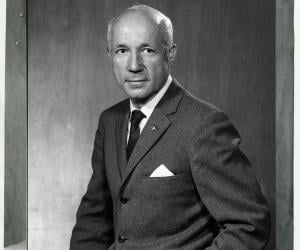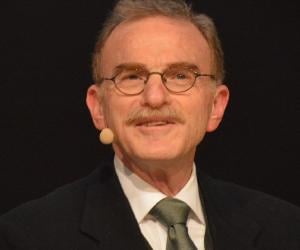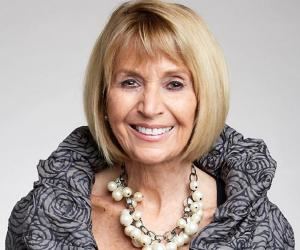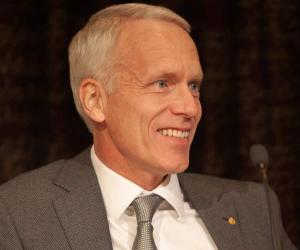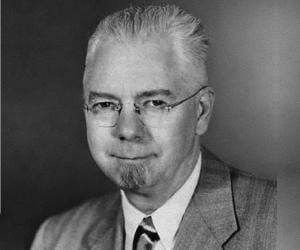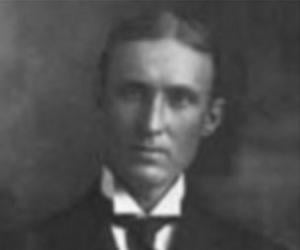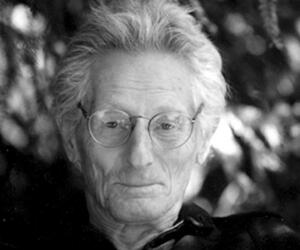
Born to rich Catholic parents, John Lilly spent his childhood treating science as a hobby. While studying medicine, he performed gruelling medical experiments on himself. He later invented isolating floatation tanks, studied bottlenose dolphins, and researched on psychedelic drug-induced near-death experiences. He also explored yoga and human consciousness.
